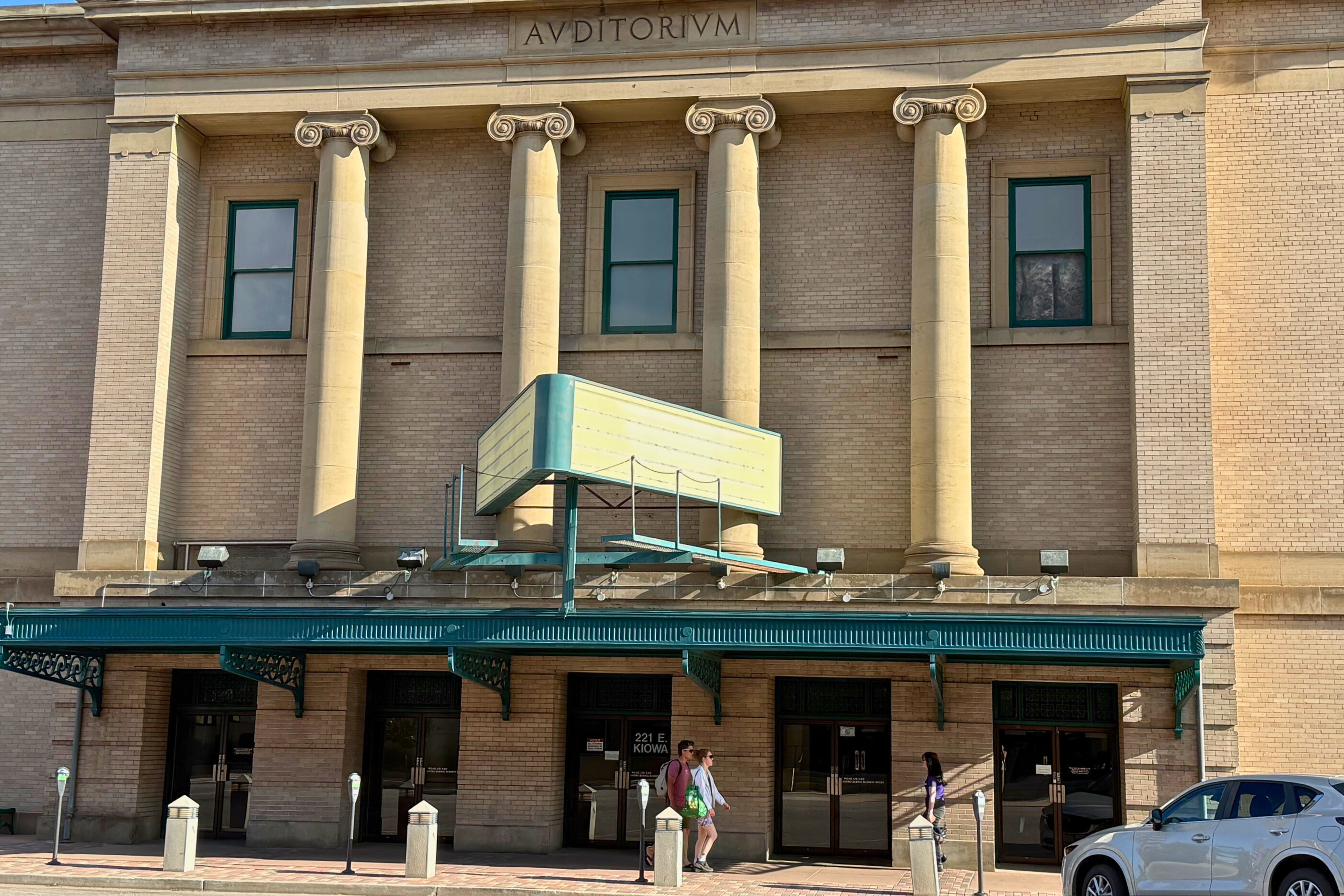Updated at 1:40 p.m. ET
The U.S. Supreme Court ruled Thursday that a 40-foot World War I memorial cross can stay on public land at a Maryland intersection.
The cross "has become a prominent community landmark, and its removal or radical alteration at this date would be seen by many not as a neutral act but as the manifestation of a hostility toward religion that has no place in our Establishment Clause traditions," the court wrote.
Writing for the majority, Justice Samuel Alito said that "contrary to respondents' intimations, there is no evidence of discriminatory intent in the selection of the design of the memorial or the decision of a Maryland commission to maintain it. The Religion Clause of the Constitution aims to foster a society in which people of all beliefs can live together harmoniously, and the presence of the Bladensburg Cross on the land where it has stood for so many years is fully consistent with that aim."
The decision was 7 to 2, but it had multiple parts and not all of the seven agreeing on every aspect. It reverses a lower court ruling that said the memorial is unconstitutional because it is on public land and maintained at taxpayer expense. The high court's ruling is a major victory for religious groups and the American Legion, which warned that if this cross had to be moved, so too would other crosses that serve as war memorials.
Alito argued that the cross had essentially become secular. He invoked the history of World War I memorials. Noting the rows and rows of crosses and Stars of David at cemeteries in Europe that memorialized those who died in that war, he said that established in people's minds the idea of crosses as war memorials back then.
Justice Ruth Bader Ginsburg, in dissent, disagreed with Alito's history. She noted that it's clear what the purpose and meaning of the cross was from the start — it was religious. She argued Americans knew what it meant then and know what it means now.
"Decades ago," Ginsburg wrote, "this Court recognized that the Establishment Clause of the First Amendment to the Constitution demands governmental neutrality among religious faiths, and between religion and nonreligion. ... Numerous times since, the Court has reaffirmed the Constitution's commitment to neutrality. Today the Court erodes that neutrality commitment, diminishing precedent designed to preserve individual liberty and civic harmony in favor of a 'presumption of constitutionality for longstanding monuments, symbols, and practices.' "
She adds, "The Latin cross is the foremost symbol of the Christian faith, embodying the 'central theological claim of Christianity: that the son of God died on the cross, that he rose from the dead, and that his death and resurrection offer the possibility of eternal life.' ... Precisely because the cross symbolizes these sectarian beliefs, it is a common marker for the graves of Christian soldiers. For the same reason, using the cross as a war memorial does not transform it into a secular symbol, as the Courts of Appeals have uniformly recognized."
The decision could have sweeping implications in terms of symbols, like crosses and the Ten Commandments that are already constructed. Those that are already there are unlikely to be removed, but putting up new crosses or other religious symbols on public property very likely would not stand under Thursday's ruling.
The concrete cross at the center of the court's decision is located in the middle of a busy median strip and directly across the street from a large pawnshop in Bladensburg, Md.
It was erected nearly 100 years ago when bereaved mothers in Bladensburg decided to build a World War I memorial to honor their fallen sons. When they ran out of money, the American Legion took over the project. But by the 1930s, a local parks commission had taken over the memorial and the responsibility for its maintenance.
Today, the cross is more grungy than grand. The concrete is crumbling; a canvas tarp covers the top, and without the $100,000 that the parks commission has budgeted for repair, the monument looks like it may not be long for this world.
The American Humanist Association challenged the placement of the cross, contending that "there is no meaning to the Latin cross, other than Christianity." A federal appeals court agreed, declaring that its placement violated the Constitution's ban on establishment of religion. The appeals court ruled that the cross should be moved to a private location and funded without taxpayer money.
Now the Supreme Court has reversed that ruling.
9(MDEyMDcxNjYwMDEzNzc2MTQzNDNiY2I3ZA004))








